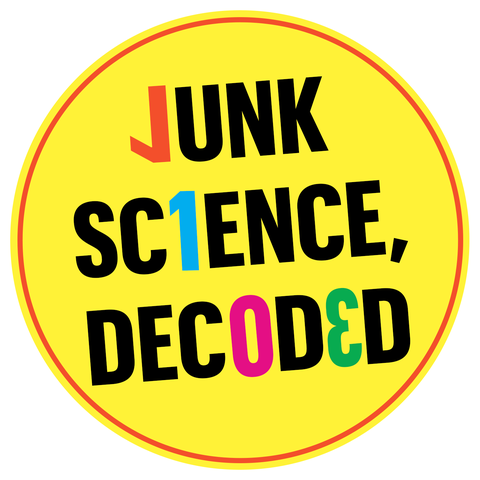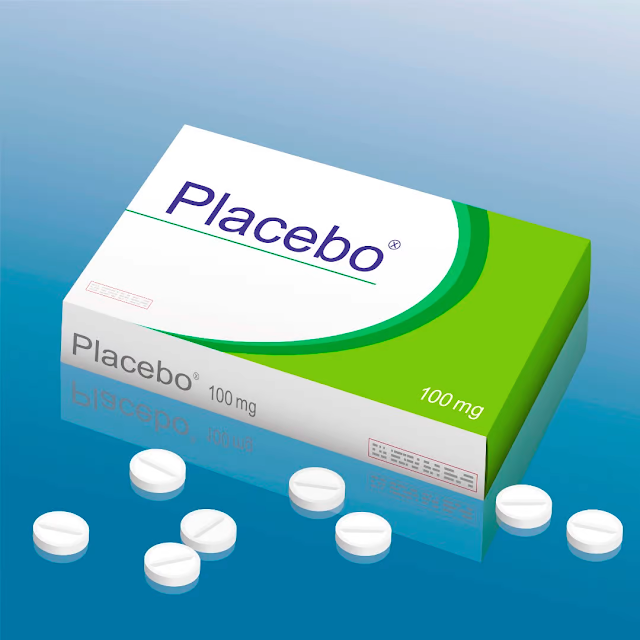Junk Science!
By Kim Marquardt, RN MSN
This blog post is from the Nurse Kim archives of myth busting. I want to share some "alternative" or maybe just lesser known health and wellness viewpoints for you to chew on.
*These posts are not intended as official medical advice.
They ARE meant to be fun, informative, and thought provoking, hopefully sparking an interest for you to do your own research (you can start with the links I provide!) and discover the marvels of the human body, and how it can function at its optimal performance level if we understand how it works and interacts with our environment and our diet.
I have a passion for health and wellness through lifestyle and nutrition and have done thousands of hours of research in addition to being a registered nurse for 23 years. I have done A LOT of self-experimentation in and around diet, lifestyle, body care, and supplementation and have spent a lot of time looking into the science behind it all (or lack thereof!). Check back weekly for the latest post!
-----
For the purpose of clarity, discernment, and general serenity
in today's day and age of click bait headlines I wanted to take my weekly
blogging opportunity to iron out a few ways to identify if information is just
pure junk… or not.
My shining star example, although there is an endless supply,
is the
study that came out in early 2019 in the American Heart Association Journal
Circulation about diet soda shortening people’s lives. I only pick on this particular one because I had a few diet soda loving friends reach out (knowing my love for all thing nutrition science and research) fretting about what it meant for them.
Let's get something cleared up first and foremost. I don't
sell diet soda. I don't drink diet soda (no judgment if you do). Just
pointing this out in the interest of being transparent about there being no self-serving bias on my part, or an attempt to alleviate my own fear/guilt for
enjoying a particular beverage. With that out of the way...
Let’s talk some science basics:
- The gold standard for scientific research is the double-blind, controlled trial... where you have two groups, one with an intervention and one without, you control ALL FACTORS, and you publish the statistical outcome.
- Epidemiological research, which shows observable CORRELATIONS between things.
Well then… how do we know if epidemiological research, like
our friendly neighborhood diet soda study above, is ever reliable? Well…
we rely on some common sense factors, sure, and also, something called the
'relative risk ratio.' Relative risk is when you take the potentially causal
relationship of one thing to another, and you tie in all the other contributing
factors, and calculate how likely it is that one caused the other.
The belief that smoking causes lung cancer, for example, is
a result of epidemiological research. But it is a VERY STRONG correlation based
on the relative risk ratio after calculating other factors.
Red meat causing cancer is another example of
epidemiological research, however with an extremely poor relative risk
ratio, like... not even a true correlation according to the relative risk
ratio. Well, you guessed it, our diet soda study here is similar. Very low
relative risk ratios, so probably not something to warrant dumping all
our diet Fanta down the sink just yet.
And alas, even over and above epidemiological research,
please beware of:
- Expert opinion... yes even mine. Of course, this is not science AT ALL and is only as good as your "expert," which apparently everyone is these days 😉
So… in your article reading pastimes, anytime you see:
- "observational"
- "epidemiological"
- "requires further confirmation"
- "according to expert opinion"...





Comments
Post a Comment